Ecosystems: Interactions, Energy, and Dynamics
-
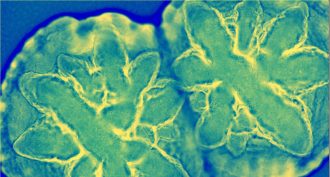 Microbes
MicrobesMouth germs team up to boost disease risk
The oxygen given off by harmless mouth bacteria can help disease-causing invaders grow strong and flourish.
-
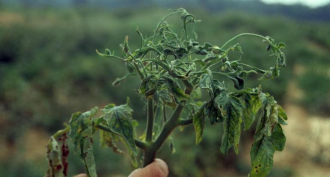 Agriculture
AgricultureSneaky! Virus sickens plants, but helps them multiply
The cucumber mosaic virus helps tomato plants lure pollinators. When the plants multiply, the virus now gets new hosts.
-
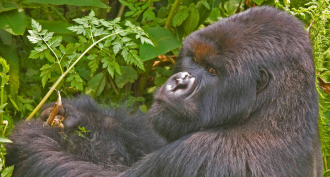 Health & Medicine
Health & MedicineCool Jobs: Linking animal health to human health
Scientists who watch out for diseases in wild animals also can play a role in keeping people from getting sick.
By Liz Devitt -
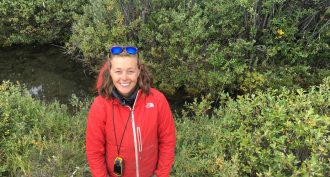
A Day in the Life: Arctic ecologist
Ever wonder what a scientist in the Arctic does all day? Mary Kate Swenarton scrubs rocks, catches fish and measures stream flow, depth, temperature and more.
-
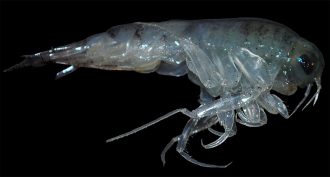 Ecosystems
EcosystemsAlgae embedded in sea ice drive the Arctic food web
Scientists traced where zooplankton in the Arctic get their energy from. Many open ocean species rely on algae found in sea ice, which is disappearing.
-
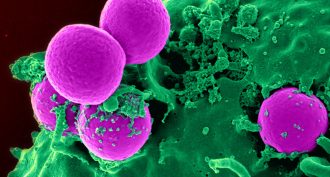 Microbes
MicrobesStaph infections? The nose knows how to fight them
Bacteria living in some people’s noses make a compound that could help fight a nasty type of infection that laughs at other antibiotics.
By Eva Emerson -
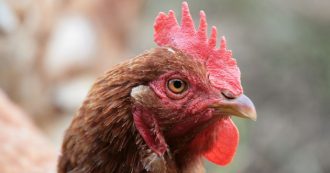 Health & Medicine
Health & MedicineWill chicken cologne guard you from malaria?
Mosquitoes that carry malaria are repelled by the smell of chickens. In malaria country, that could make these birds a human’s best friend.
-
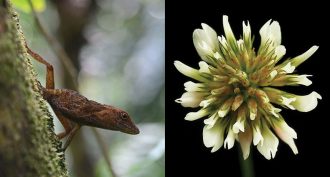 Life
LifePlants, animals adapt to city living
Cities have turned into experiments in evolution for both plants and animals, from the taste of clover to the stickiness of lizards’ toes.
By Susan Milius -
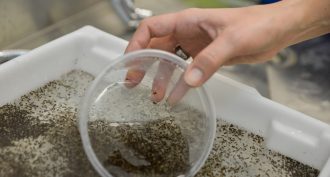 Genetics
GeneticsGM mosquitoes cut rate of viral disease in Brazil
Adults males carrying the altered gene cannot father young that survive to adulthood. That’s when they suck blood — and can transmit disease.
By Susan Milius -
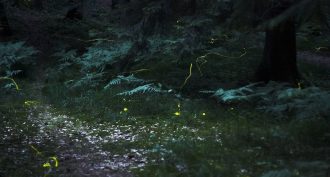 Animals
AnimalsScientists Say: Crepuscular
Day creatures are diurnal. Night creatures are nocturnal. Animals active at twilight get a special name.
-
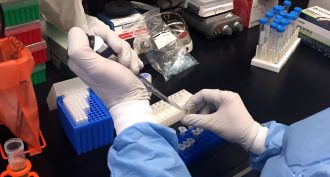 Health & Medicine
Health & MedicineU.S. mosquitoes now spreading Zika virus
Scientists had worried that if people sick with Zika came to America, local mosquitoes might bite them and spread the disease. That’s now happened.
By Meghan Rosen -
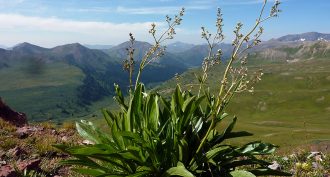 Plants
PlantsClimate closing the gender gap for this mountain flower
Among valerian plants, males like it hotter than the females do. So a warming climate has been speeding their migration up once-cool mountainsides.